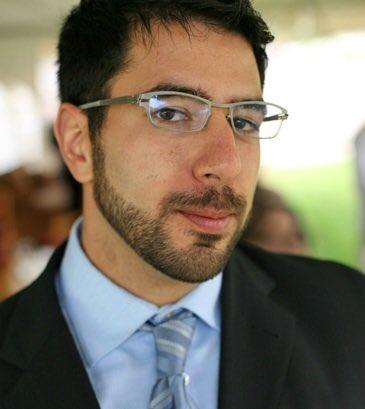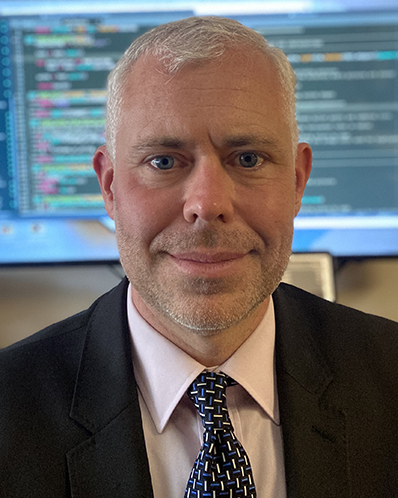From The New York Times Magazine
The Unlikely Activists Who Took On Silicon Valley — and Won
By Nicholas Confessore
The way Alastair Mactaggart usually tells the story of his awakening — the way he told it even before he became the most improbable, and perhaps the most important, privacy activist in America — begins with wine and pizza in the hills above Oakland, Calif. It was a few years ago, on a night Mactaggart and his wife had invited some friends over for dinner. One was a software engineer at Google, whose search and video sites are visited by over a billion people a month. As evening settled in, Mactaggart asked his friend, half-seriously, if he should be worried about everything Google knew about him. “I expected one of those answers you get from airline pilots about plane crashes,” Mactaggart recalled recently. “You know — ‘Oh, there’s nothing to worry about.’ ” Instead, his friend told him there was plenty to worry about. If people really knew what we had on them, the Google engineer said, they would flip out...
“I thought it was a joke at first, to be contacted by someone named ‘Alastair Mactaggart,’ ” says Chris Jay Hoofnagle, who teaches law at the University of California, Berkeley. Mactaggart was wary of proposing a sweeping law like the European Union’s General Data Protection Regulation, or G.D.P.R., fearing that Californians would find it mystifying and reject it. He wanted a solution that consumers would embrace and Silicon Valley could live with. “I don’t want to kill businesses — I’m a businessman,” Hoofnagle recalls Mactaggart’s telling him. “I just think the data use by these companies is out of control.” ...
Last fall, Hoofnagle introduced Mactaggart to a former graduate student of his named Ashkan Soltani, a highly regarded privacy researcher and consultant. The two men quickly struck up an intense email correspondence. Soltani had devoted most of his adult life to understanding digital surveillance and privacy, and he closely observed how the tech industry exerted its will in Washington. Soltani told Mactaggart that his privacy initiative would need a lot of work if he wanted it to survive. Mactaggart decided to hire him.
Soltani knew exactly how hard Facebook and Google would fight to protect their business model, because he had watched them do it before. In February 2012, senior officials from the Obama administration unveiled what some of them hoped would become a signature initiative of President Obama’s second term: a “consumer-privacy bill of rights.” The proposal called for limits on the data that companies were collecting and more control for consumers over how it was used, and the tech industry had at least some incentive to consider it: The previous year, Facebook and Google each entered into consent decrees with the Federal Trade Commission after regulators found that the companies had deceived users about their privacy policies. Soltani, then serving as an F.T.C. technologist, worked on both investigations, and his efforts helped highlight a more pervasive problem: Most consumers simply didn’t have the time or experience to navigate the personal-data economy on their own. “Silicon Valley’s model puts the onus on the user to decide if the bargain is fair,” Soltani told me recently. “It’s like selling you coffee and making it your job to decide if the coffee has lead in it.” When it comes to privacy, he said, “we have no baseline law that says you can’t put lead in coffee.”
Ashkan Soltani is a MIMS alumnus (2009), and an independent researcher and technologist specializing in privacy, security, and behavioral economics.
Chris Hoofnagle is an adjunct professor in the Berkeley School of Information and School of Law.











